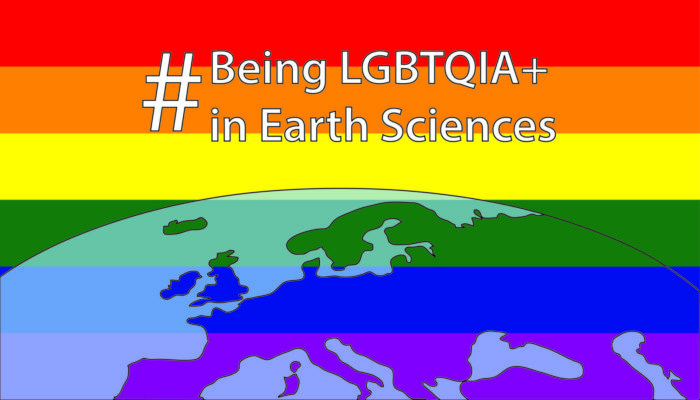
Did you know that political leaders in some European countries declare LGBTQIA+ as a totalitarian “ideology” that is “worse than communism” or compare gay adoption to pedophilia? This may sound unimaginable these days but those are statements that were proclaimed just recently, within the past years! The ILGA Europe publishes a review of the human rights situation of LGBTQIA+ people in Europe each year and comes to unsettling findings within the last years recognizing increasing Anti-LGBTQIA+ hate speech and violence all over Europe.
Generally, a diverse society should not only be about “not discriminating” people of different skin color, culture, religion, gender, sexuality, etc but also about appreciating the individuality of every single human being. Furthermore, it is about being aware of the individual situations and the different experiences other people make. With this blog post I want to give a stage to members of the LGBTQIA+ community in the European Earth sciences community in order to make people aware of their situation, thoughts and concerns they have to face every day.
First of all, lets’ start with the dry definition, so what does LGBTQIA+ mean and what do all those letters stand for? LGBTQIA+ is an acronym yielding to represent an inclusive umbrella term for people who identify as non-heterosexual or non-cisgender. The term was introduced in the 1990s intending to replace the previously used terminology “gay community”, which did not sufficiently represent the different groups distinguished by their sexual orientation or gender identity. Each letter stands for a different term describing a person’s sexual orientation or gender identity. The definition of each letter is given in short in the picture below and is not strictly defined as such but can vary depending on the person you ask:
As a next step, lets’ evaluate the current situation of LGBTQIA+ people in Europe in general, as many people might not be aware of the recent happenings. According to the Annual Review of the Human Rights of Lesbian, Gay, Trans and Intersex People in Europe and Central Asia there are movements in two opposite directions observed in Europe recently. On the one hand some great steps were made into the right direction towards more inclusion and equality of human rights for LGBTQIA+ people, but on the other hand unsettling developments are observed more frequently than before all over Europe. Those developments start with an increasing number of Anti-LGBTQIA+ graffiti sprayings on LGBTQIA+ centers and culminates in people having to leave their home countries as they do not feel safe anymore due to increasing anti-LGBTQIA+ hate. According to the ILGA Europe some of those countries are for example Albania, Bosnia & Herzegovina and Poland, where members of the LGBTQIA+ community are targeted in public (hate) speeches of political and religious leaders. This leads so far that in Poland >80 municipals proclaimed themselves as “free from LGBTQ+ ideology” covering almost a third of Poland. Yes, you heard right, they declare
LGBT are not people, they are an ideology (Duda, 2020).
Other extreme examples are given by Estonia, where marriage just recently got defined as to be a union between women and men or among a lot others Croatia, where same-sex couples are still not allowed to foster children because people compare gay adoption to pedophilia. A general problem is the sharp rise in hate speech against members of the LGBTQIA+ community not only in public but also especially online and that this Anti-LGBTQIA+ rhetoric is often not followed by consequences but can continuously be propagated with impunity. Statements like
LGBT ideology is more destructive than communism
shared by Polands president Duda are frighteningly common and just increase the reticence against LGBTQIA+ people. But increasing repudiation of members of the LGBTQIA+ community is not only observed in eastern Europe, also in the UK increasing anti-LGBTQIA+ hate crimes can be observed concomitant with proceeding Brexit or an attempt to introduce the third gender markers in Germany just failed. All over Europe limited access to healthcare, bullying in school and workplaces and denial of services is a difficulty LGBTQIA+ people have to face and fight on a daily basis.
Nevertheless, also some steps forward have been made in Europe within the past years. So clear progress has been made in reforming and establishing legal gender recognition procedures and increasing attention is paid to intersex rights. So for example, discrimination based on sex characteristic got prohibited in Montenegro, sexual orientation and gender identity became protected grounds in the equality and criminal code of North Macedonia and in the Netherlands the Equal Treatment Act was amended with the inclusion of gender identity, gender expression, and sex characteristics ground. Furthermore, same-sex marriage was introduced in Northern Ireland and Monaco allowed the cohabitation of same-sex couples within the last year. The right of self-determination for trans people got recognized in Iceland, publishing a new Gender Autonomy Act and legal gender recognition procedures have become more accessible in Armenia, Cyprus, Kosovo and Montenegro. So all in all also quite some steps in the right direction have been done, however, progress seems to be slowing down with Equality Action Plans expiring and a general stagnation in family legislation is recognized across whole Europe.
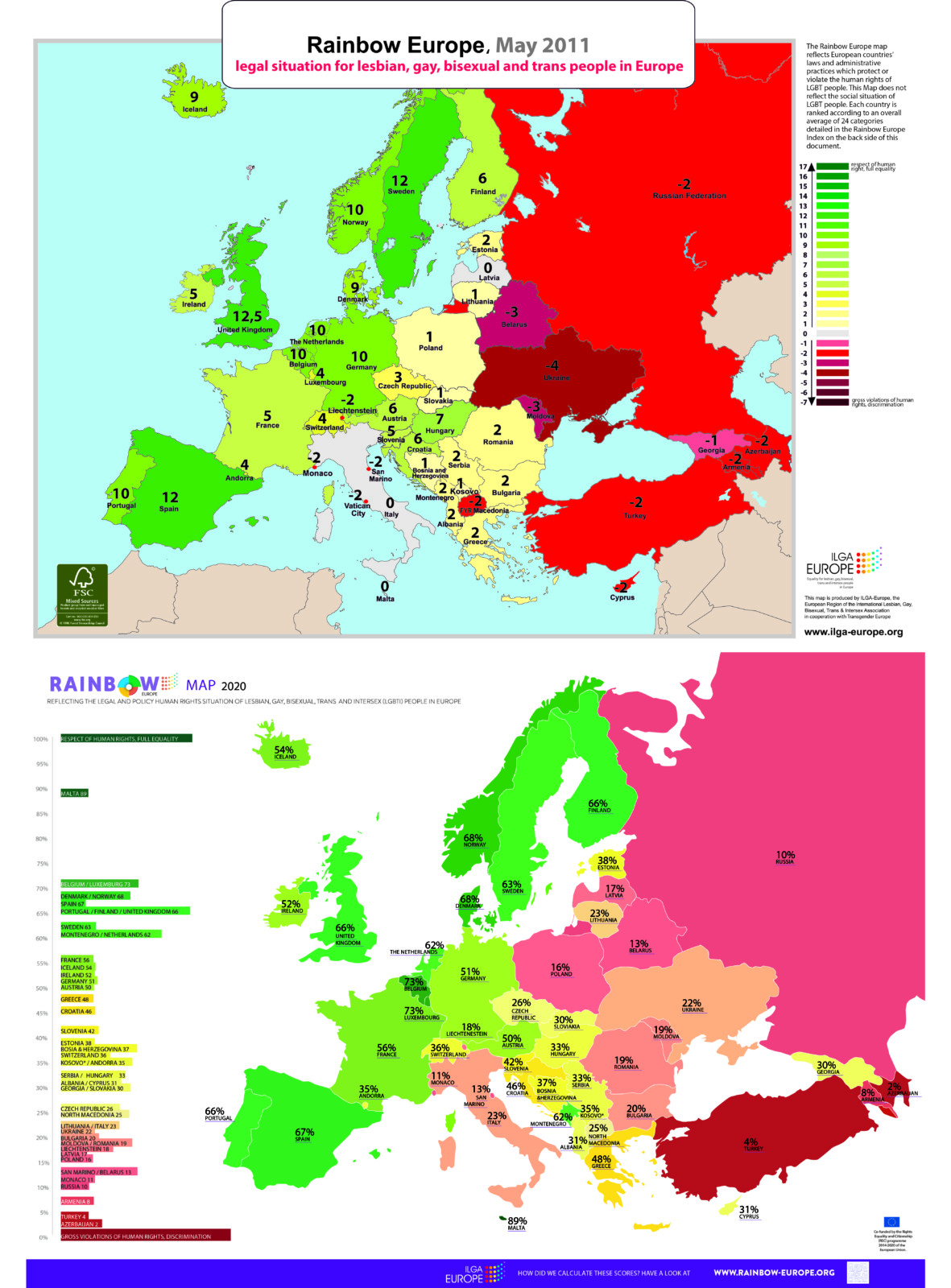
The Rainbow Maps shown above reflect the Legal and Policy Human Rights situation of LGBTQ+ people in Europe. The upper map shows the state in 2011 while the lower one is the newest one from 2020. We can see that quite some countries did progress towards a better legal situation for LGBTQIA+ people (e.g. Portugal, Montenegro, Norway, etc), while in other countries the situation got significantly worse (e.g. Poland, Italy, Romania, etc).
In order to assess the situation of members of the LGBTQIA+ community in Earth Sciences, I asked people from different countries to tell me about the experiences they made in their working environment. The first three experiences are from PhD students in Earth Sciences fields from the UK, Ireland and Switzerland while the 4th report is from a Graduate Research assistant in the US giving a perspective from a different continent.
Hello! I’m Lucy. I came out when I was an Earth Science undergraduate. I consider myself very privileged to have been received with warm, open arms by my fellow classmates and friends, a privilege that so many do not experience. Thankfully, this level of acceptance has continued into my postgraduate life. Even still, it can be difficult to reveal that part of yourself for fear of discrimination, no matter how openly you have been received in the past. This is especially true considering the historical dominance of straight, white men in the field of Earth Science (and science in general). Therefore, being different can be daunting, but it helps when you see the world around you changing slowly. In 2015, Ireland was the first country in the world to legalise gay marriage by popular vote! There is still a long way to go worldwide, but these successes definitely give you confidence. However, LGBTQ+ people in academia need more visibility. I feel there could be a lot more support groups in place across disciplines rather than just institutionally, so that students and academic staff of all degrees feel accepted and welcomed in their respective fields. Blogs like this are vital for us all to share our stories! So thanks guys :) No one has one coming out story; it happens repeatedly, every time you start a new job or meet new people. I guess the benefit of this is that it becomes a little easier each time and slowly you become more established in who you are. I now embrace being different and hope to see the community of Earth Science and Geochemistry continue to diversify and grow.
Growing up in an environment that is very conservative made me believe that who I am, how I think and how I feel was wrong. When I decided to tell my friends about my sexual orientation, I was always afraid of being rejected and discriminated for who I am. Luckily, I only made positive experiences and people were very supportive. Life gave me good friends who have helped me to understand that I shouldn’t feel different or afraid. After I moved to Europe to be a grad student, I realised that starting to hide again was not the path I should follow, but it is not always easy to talk about this. Although, I have been very open to my friends, I am still a bit afraid of the old generation and their judgment. At the end, I am the one who decides with whom I share my personal life, but sometimes it will be way easier if I would not have to lie to some people about myself or hide parts of who I am. The issue is not being able to know how they will react and if telling them will diminish job opportunities and have a negative impact on my future. I know I am taking a position of not letting them try, but also it is very important for me to protect my academic career.
I'm a relative newcomer to the coming out experience and hence haven't had much direct exposure to how the LGBTQ+ are treated in the Geoscience community. I've only had incredibly supportive and kind responses from my colleagues, but I think the subject area as whole still has room for improvement. The Earth Sciences (in particular mining) I'd say are still straight white male dominated and this lack of diversity can discourage people to explore their sexuality to prevent yourself "sticking out from the group". There are massive strides being made to tackle this, especially in academia. Both the Universities that I studied had specially dedicated equality officers and "LGBTQ+ in Earth science" groups. Generally, from my experience I'd say industry is still somewhat behind. As we're seeing more opportunities being provided to women through groups such as the AWG, the subject is clearly moving in a promising direction to become more inclusive.
As far as my experiences go, I've faced more discrimination for my gender identity than for my sexuality, mostly because my sexuality is easier to hide. In my undergraduate, I received worse grades on projects than my peers. I often experienced microaggressions and overtly aggressive actions from mostly male peers, though I definitely experienced this from professional scientists as well. I remember a time when I went on a field trip with a bunch of older geologists (who were all white, cishet, able-bodied men), and one of these men physically grabbed me while in the field to move me out of the way. Because of these experiences, it was easy to feel like I wasn't meant to be in my field despite how much I loved it. Currently in my position as a Graduate Research Assistant, I don't experience as much overt discrimination. I studied geology in undergrad, and now I am in an Astronomy and Planetary Science PhD program. In my experience, planetary science and astrobiology are more accepting fields than geology. A committee member of mine actually reimbursed me to attend the OUT in Science, Technology, Engineering, and Mathematics (oSTEM) 2019 conference. Though this is the case, I still experience microaggressions in my work environment, and I am often misgendered. I still don't discuss my gender identity or sexuality with anyone other than a few graduate students in my department. However, the work environment here does feel more inclusive than the one I was in during my undergrad.
Though all the students above mention that they do feel included in their current working place and that they were fortunately mostly welcomed warmly, all of them noticed that it was quite difficult to come out at their working place. Still, most of them do feel uncomfortable talking about their sexuality at work and are afraid of possibly being discriminated for their sexual orientation or gender identity.
Even though Earth Sciences seem to be a mostly welcoming and open field for members of the LGBTQIA+ community, there is still a lot of work to be done in order to make the community even more inclusive and especially diverse. Until today the field is mostly dominated by straight, white men particularly in high positions and minority groups, is it sexual orientation or skin color, are rather underrepresented. It is our task for now and the future to change this and make the field an open and welcoming environment for everybody, where nobody has to be concerned about coming out or having different opportunities because of their sexuality or gender. Instead we should enhance our creativity and productivity by bringing together as diverse people as possible (not only of different sexuality but also skin color, culture, religion, etc) and build a more inclusive work environment for all people.

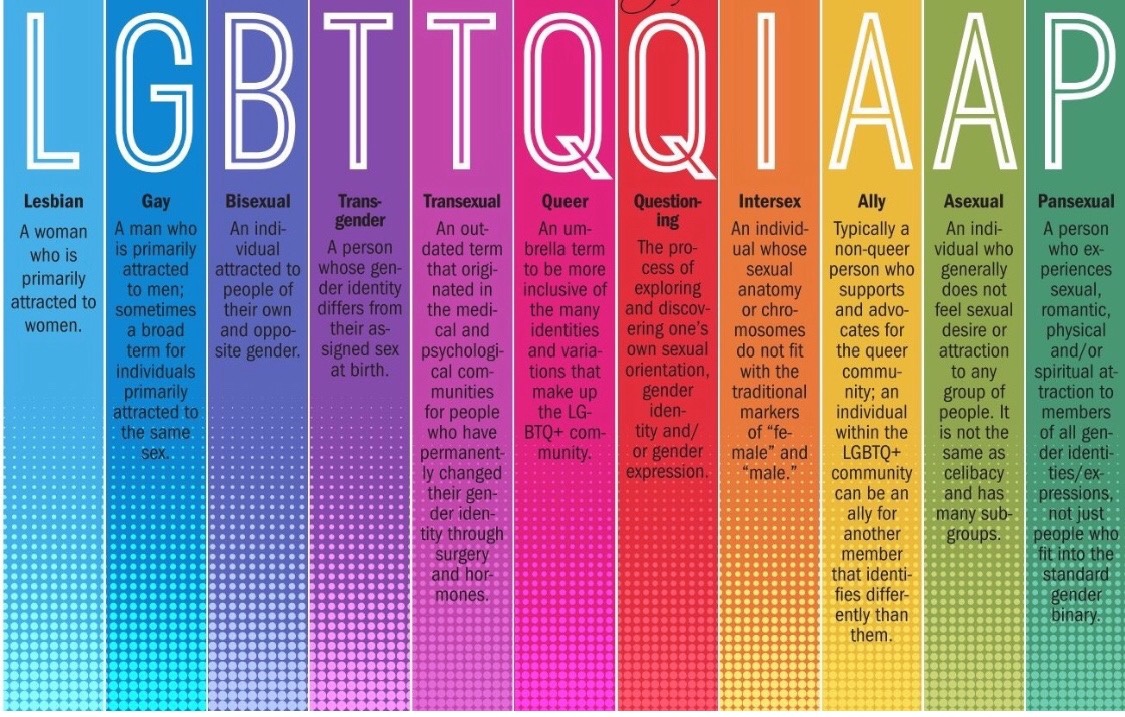
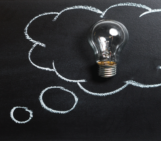
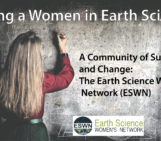
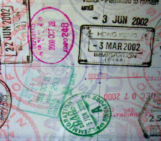
Pingback: GeoLog | What was the best Division blog post in 2020: vote for your favourite! - GeoLog
Pingback: Cryospheric Sciences | Introducing TJ Young, our new early-career representative for the cryo-division of the EGU!
Kits
only here to say that ally are not part if the lgbt community, they are literally cishet allos why would they be part of an oppressed and marginalised group that has nothing to do with them-
the second A stands for aromantic
Franziska Keller
Hi Kits,
thank you for you comment! Of course you’re right. There are many different definitions for the different letters going around, and I agree probably in this one they would have rather used asexual instead of ally 🙂